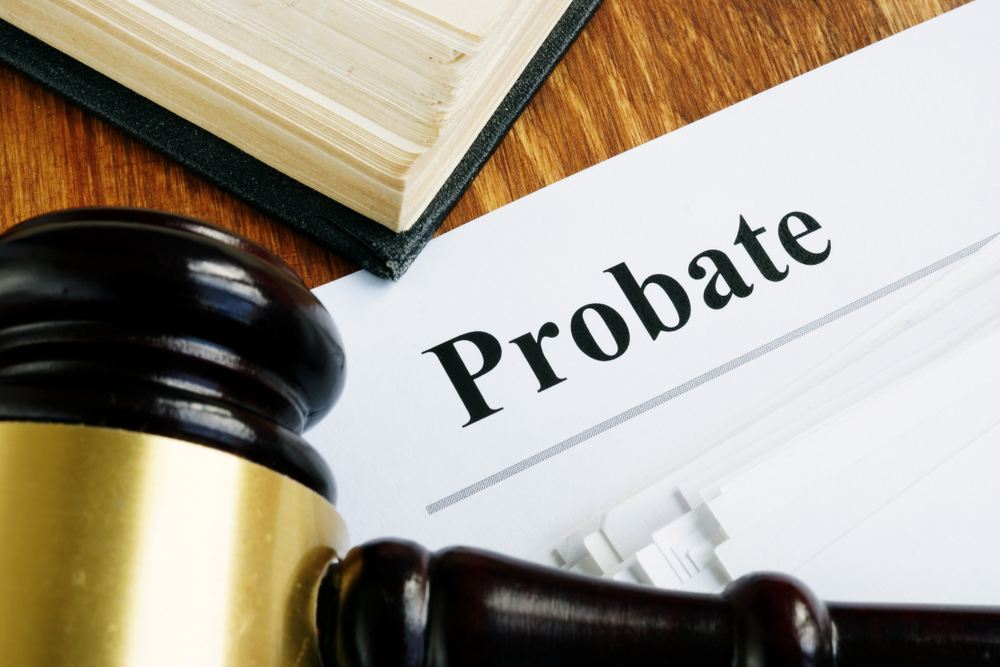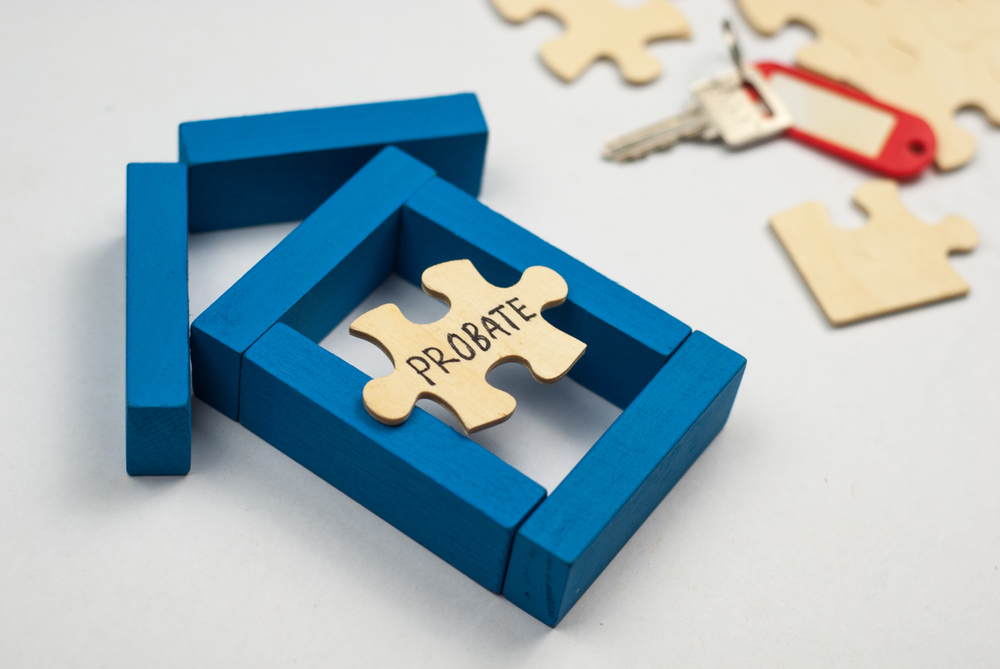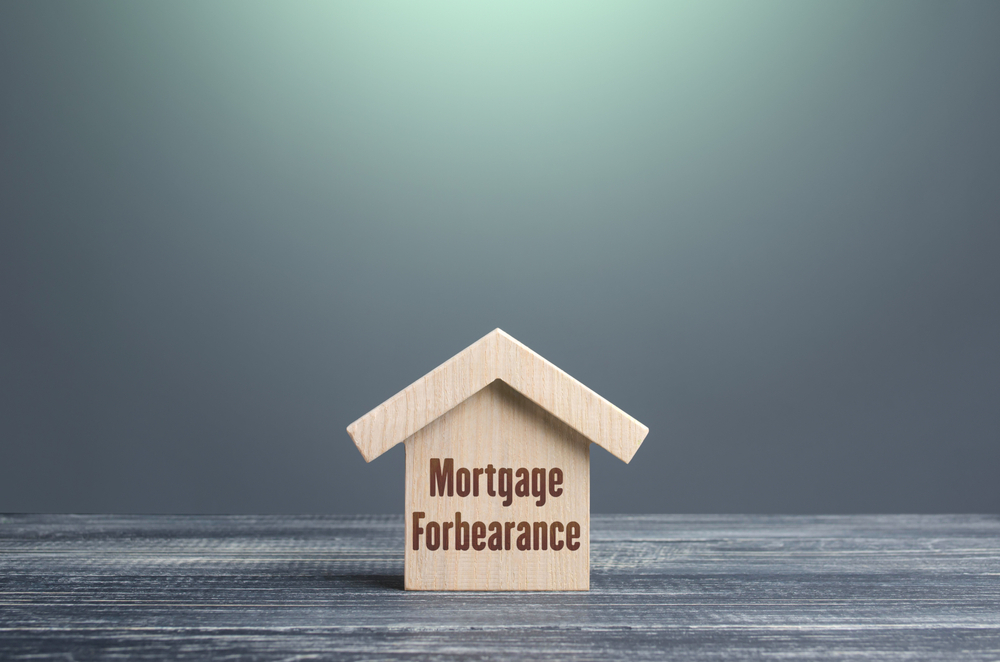Many people believe that when buying a house, the intelligent investor uses the least amount of their own money possible, but what if you are one of those with a good amount of money saved. Do you prefer to buy a house with cash? , or credit, as it is known in the United States.
If that is your dilemma, and you don’t know what to do, let me tell you that you came to the right place to learn the advantages and disadvantages of buying a house with cash or buying a house with a loan.
In addition, we will discuss various financial strategies you can implement to purchase your properties as an investment.
First of all, What does Other People’s Money mean? (OPM)
In the United States, there is a widely used term called OPM, but what does OPM mean? This refers to Other People’s Money, meaning “the money of others” or other people.
When starting out in the world of investments, most of us have little capital. Some can buy one or two properties, but some generally do not have enough capital, not even to buy one. OPM is widely used and involves using credit to buy houses. In this case, developing or maintaining a good credit history is very important, opening many doors for you to invest.
So, in general terms, the OPM concept means that the money you do not have, whether it is money from the bank or other people’s savings accounts, will fall into your hands so that you can use that capital and expand your real estate portfolio.
Advantages and Disadvantages of Buying a House With Cash
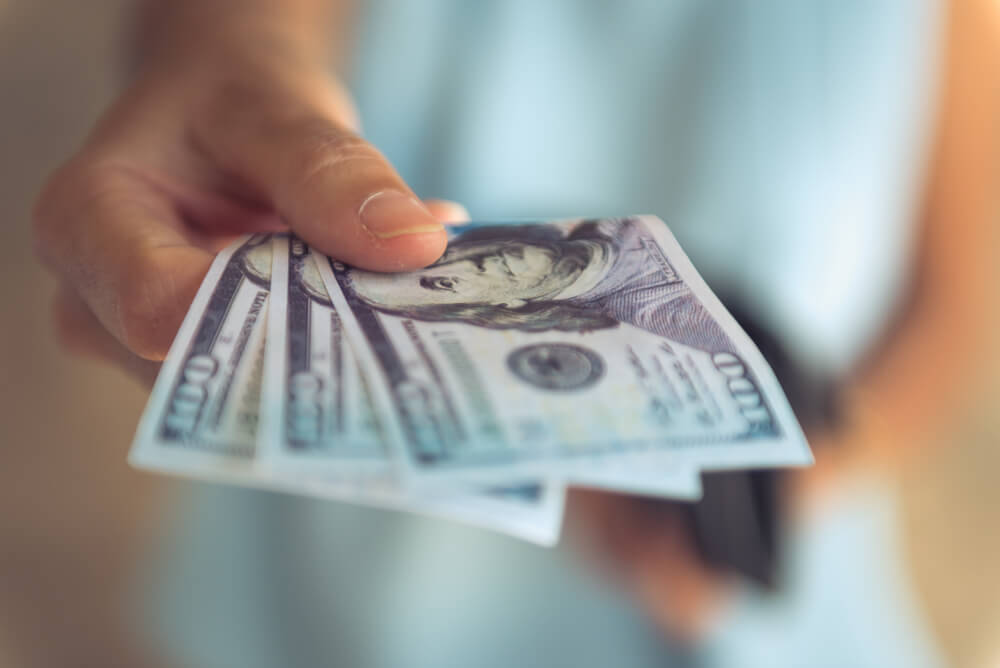
If you are considering buying a house, you may wonder what benefits paying cash would bring you. One of the most important is closing the purchase and sale deal quickly. You don’t have to deal with banks and their extensive requirements, you don’t need to do an appraisal or appraisal, and you don’t have to worry about a credit history.
If you buy a house with cash, the closing period will probably take between one or two weeks at most. Having said that, then, some advantages are:
- You don’t need to apply for a loan.
- You don’t worry about approval from the banks.
- The entire process goes faster.
- Your offer is more attractive to sellers.
Another benefit of buying a property with cash is that you don’t owe anyone money. You only have to worry about the collection-rent factor when you rent that property and pay the property manager or the utilities you are responsible for paying as the owner.
Let’s now talk about a disadvantage of buying a house with cash: the few options. While it is true that, by having a higher purchasing power, you can pay for an entire property, this leaves you with fewer options to make your investments.
What happens when you decide to buy a property in cash? You simply have the option of purchasing that one property and nothing more. This means that you have high purchasing power because you will always have the possibility to choose, but you also have fewer options to invest because you will simply be allocating your money to a single property.
Another disadvantage of buying a house in cash is that your investments grow much slower since your purchasing power decreases by having to pay for the high total price of a property. This means that to buy a second or third property, you will have to save for many years to buy cash unless you make a lot of money.
Advantages and Disadvantages of Buying a House on Credit
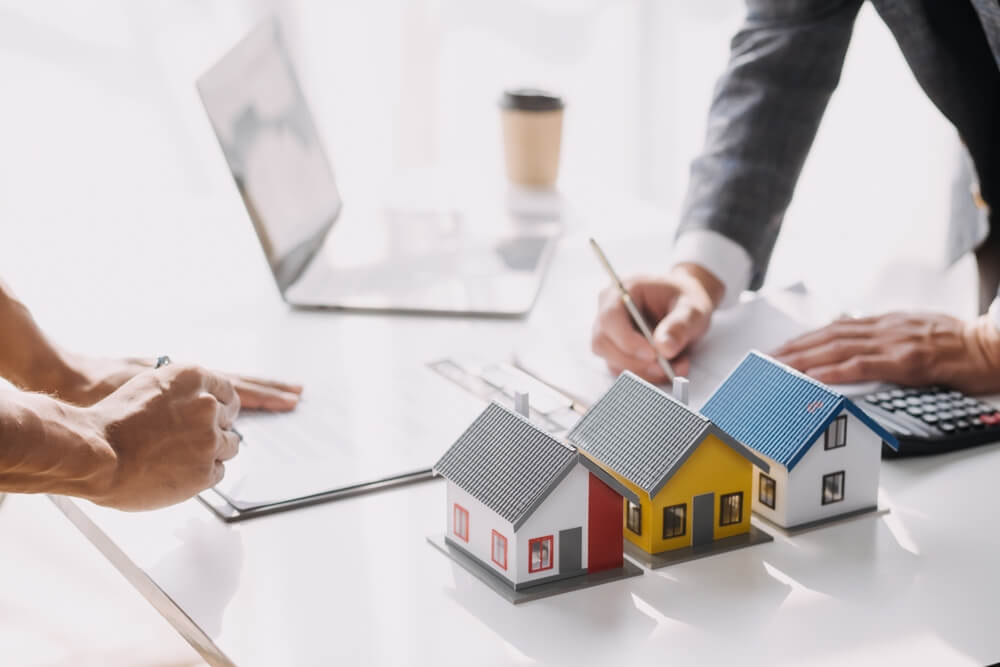
The first thing you should know if you want to invest in real estate on credit under the Other People’s Money concept is that executing the closing will take at least 30 days or more. Additionally, it may take longer depending on extraordinary situations, such as the pandemic. The average it takes banks to close a mortgage is 90 days. Of course, it always depends on the market.
Another important point, although obvious, is that you need credit. Therefore, credit history comes into play in the Other People’s Money concept.
When you want to buy a house with a mortgage loan, you have less purchasing power, and your purchase proposal is less attractive. Let’s say that of 10 offers that the seller has, you probably have several ahead of you. While you offer $300,000, another buyer can offer $305,000. What changes in this sense is who offers more money.
Suppose your bank approved you exactly $300,000 to buy a house, but another person offers $305,000, also with a mortgage. In that case, the seller will go with the highest offer since his only incentive is monetary, and the waiting time takes a back seat.
What happens if you decide to buy under the Other People’s Money modality? First, even if you still have less purchasing power, your options multiply. Suppose you see some houses for $300,000, and for each one, they demand 20% ($60,000). If you take $60,000 out of this $300,000, that means you can buy a total of five houses.
So, you have less purchasing power because you have to compete with other people; however, if you use your money strategically, you can invest a little here, a little for another house, and a little for one more. So, you end up with the largest investment portfolio.
So, as clear advantages when using a loan to buy a house, we have:
- Your growth can be much faster.
- You have the opportunity to improve your credit history.
- Your cash flow may be higher.
- You spend less than your initial capital.
- You can diversify your investments.
The Expansion of the Property Portfolio
A very important point for people who make investments is the portfolio. Owning multiple investments, as opposed to owning just one, has drawbacks. While it is true that your cash flow will be greater and you will have more profits later, by having decided to distribute that money across several properties, you end up owing more money to the bank because you are using other people’s money.
Although technically, this mortgage is being paid by your tenant through rent, you have to meet the operating expenses, and you must also pay the mortgage expenses, which means that you have less money left over at the end of the month. So, by using OPM, the net profits decrease, and these are those types of things that you should consider when wondering whether to buy a house with a loan.
It All Depends on Your Intention as a Buyer
It is not a question of one option being better than the other. Still, it all depends on what you are looking for, that is, if you want to expand your portfolio acceleratedly or don’t mind waiting years to buy a property.
Generally, people who prefer to buy a house with cash are not looking for expansion but rather want a place to park their money and obtain a single source of income, for example, retired people who simply want to live comfortably.
On the other hand, people seek expansion through other people’s money to generate long-term income. But why in the long term? Because since you have a mortgage, the profits are very minimal. Therefore, when expanding to this level, you cannot quit your job; that is one of the many lethal mistakes you should avoid when investing in real estate.
When you have a mortgage, you owe money, and if you quit your job, you reduce your income, capital, and assets. On the other hand, we have a better outlook for people who invest everything in buying a house in cash since they do not owe anything.
That said, thinking about your needs is an important factor when investing. If you are an average person who does not spend a lot and only wants to be comfortable and have what you need from the basic basket, buying a property with cash will work for you. No option is better than another, depending on which one you feel most comfortable with.
The third investment strategy
As you have seen so far, when it comes to buying a house, we have the option of investing with cash, we can use the OPM with a loan, and we have a third strategy, a hybrid of the two.
For those following me for some time, I achieved expansion by purchasing 17 properties. I bought a property with cash and then took out a mortgage called cash-out refinancing.
For those who don’t know what cash-out refinancing is or have never heard of the concept, don’t worry; there are two episodes we have created in the past in which we discussed extensively what cash-out refinancing is.
To summarize my strategy a bit, I bought the property for cash, all cash, and then a cash-out refinancing was done. Assuming that the house cost about $200,000, let’s take the example that the bank gave me 80% in financing, which equals $160,000 in cash.
So, I took this money and applied the concept of OPM, meaning that I designated the $160,000 as capital and distributed it to several houses; $20,000 here, another $20,000 there, $20,000 more, on the other hand, and so on until I accumulated $160,000.
In this way, I managed to expand my portfolio quickly and efficiently, using the concept of other people’s money, also buying in cash, and implementing a hybrid of the two.
Buy a house with cash or buy a house on credit?
The beautiful thing about real estate is that there is not just one way to do things, but the important thing is to inform yourself about the available strategies and apply the concept that best suits you.
We all come from different worlds, and we all have a different ability to save. Some of us are responsible for a family, including our parents, while others don’t have children and can save a little more. Once again, the important thing is to educate yourself on this topic, just as you are doing now, in order to choose the version that best suits your reality.
Seize the opportunity to sell your house for cash with ease. At Cash Buyers NY, we provide a hassle-free home selling experience. Get your fair cash offer today and move forward with confidence.



